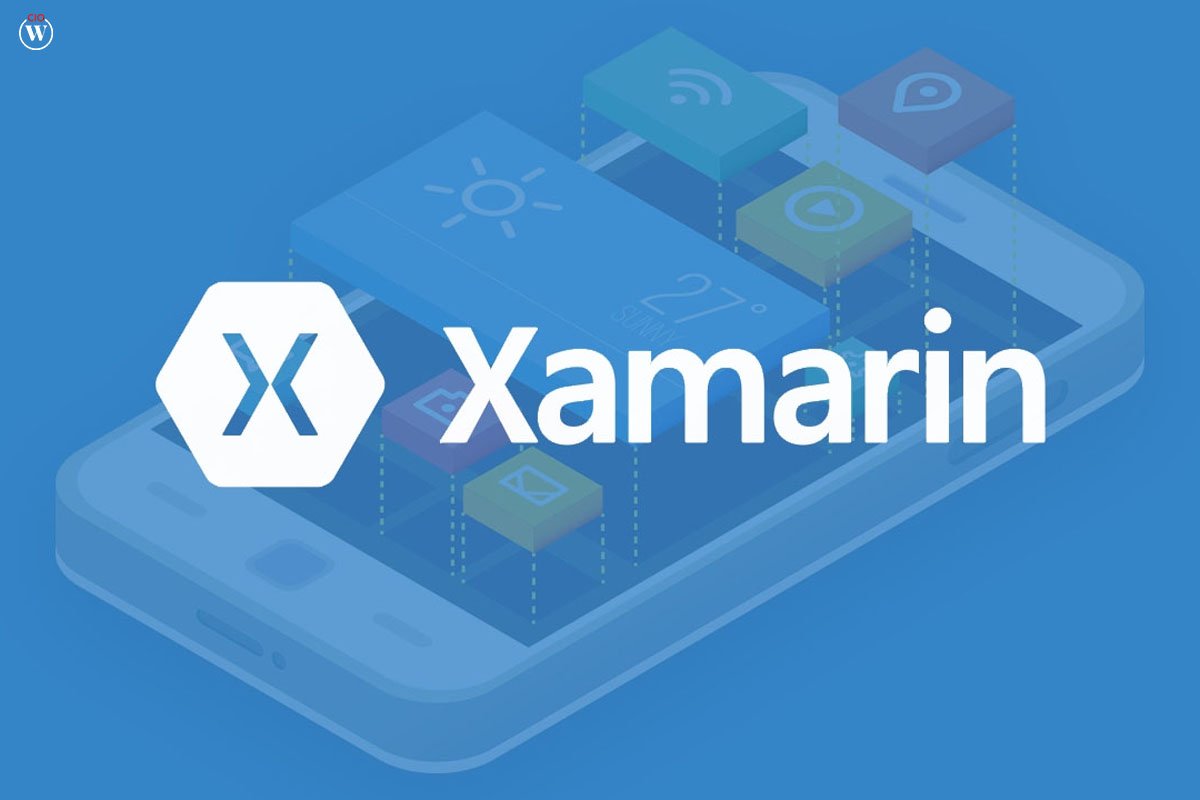Mobile applications have become an integral part of our daily lives. They are used for various purposes such as entertainment, education, communication, and business. With the growing demand for mobile apps, App Development Technologies are constantly evolving. In this article, we will discuss the best app development technologies in 2023.
Here are the Best App Development Technologies In 2023;
1. Flutter
Flutter is an open-source mobile App Development Technologies framework that was introduced by Google in 2017. It is based on the Dart programming language and allows developers to build high-performance, cross-platform apps for Android and iOS devices. Flutter has gained popularity among developers due to its fast development cycle, hot-reload feature, and user-friendly UI.
Flutter is equipped with a wide range of widgets and tools that enable developers to create visually appealing and responsive apps. It also provides seamless integration with third-party plugins and APIs, making it an ideal choice for app development in 2023.
2. React Native
React Native is a popular open-source App Development Technologies framework for building mobile applications. It was introduced by Facebook in 2015 and has gained popularity due to its ability to build cross-platform apps for both iOS and Android devices. React Native is based on the React framework, which is used for building web applications.

React Native enables developers to create high-performance apps using a single codebase. It also provides access to a vast library of pre-built components, making it easy to create complex user interfaces. React Native is an ideal choice for businesses that want to build a mobile app that can run on multiple platforms.
3. Kotlin
Kotlin App Development Technologies is a programming language that was introduced by JetBrains in 2011. It is a cross-platform language that can be used for building mobile apps for both Android and iOS devices. Kotlin is designed to be concise and easy to read, making it an ideal choice for app development in 2023.
Kotlin provides a wide range of features such as null safety, extension functions, and higher-order functions. These features enable developers to write code that is more concise, efficient, and less prone to errors. Kotlin is also fully interoperable with Java, which makes it easy to integrate with existing Java-based apps.
4. Swift
Swift is a programming language that was introduced by Apple in 2014. It is used for building apps for iOS, macOS, watchOS, and tvOS. Swift is designed to be easy to learn and use, making it an ideal choice for beginner developers.
Swift provides a wide range of features such as type inference, options, and generics. These features enable developers to write safer and more efficient code. Swift also provides seamless integration with Objective-C, which makes it easy to incorporate existing Objective-C libraries into new apps.
5. Java
Java App Development Technologies is a programming language that has been used for building mobile apps for many years. It is still one of the most popular programming languages for Android app development due to its stability, reliability, and cross-platform compatibility.
Java provides a wide range of features such as object-oriented programming, automatic memory management, and multithreading. These features enable developers to write robust and efficient code. Java is also equipped with a vast library of pre-built components, making it easy to create complex apps.
6. Xamarin
Xamarin is an open-source platform for building cross-platform mobile apps. It was introduced by Microsoft in 2011 and is based on the C# programming language. Xamarin enables developers to build apps that can run on multiple platforms, including Android, iOS, and Windows.

Xamarin provides access to a wide range of pre-built components and tools, making it easy to create complex user interfaces. It also provides seamless integration with Visual Studio, which makes it easy to debug and test apps. Xamarin is an ideal choice for businesses that want to build a mobile app that can run on multiple platforms with a single codebase
7. Node.js
Node.js is a popular open-source platform for building scalable and high-performance web applications. It is based on JavaScript and provides a runtime environment for running JavaScript code on the server side. Node.js is an ideal choice for developing real-time applications that require high-speed data processing.
Node.js provides a wide range of features such as non-blocking I/O, event-driven architecture, and modular design. These features enable developers to write highly scalable and efficient code. Node.js also provides seamless integration with popular front-end frameworks such as React and Angular, making it easy to build full-stack applications.
8. Vue.js
Vue.js is a progressive JavaScript framework for building user interfaces. It was introduced in 2014 and has gained popularity due to its simplicity, flexibility, and performance. Vue.js is an ideal choice for building complex single-page applications and small-scale projects.
Vue.js App Development Technologies provides a wide range of features such as reactive data binding, component-based architecture, and virtual DOM. These features enable developers to build highly responsive and interactive user interfaces. Vue.js also provides seamless integration with other front-end libraries and frameworks, making it easy to build complex applications.
9. Angular
Angular is a popular JavaScript framework for building scalable and complex web applications. It was introduced by Google in 2010 and has since gained popularity due to its stability, performance, and flexibility. Angular is an ideal choice for building large-scale enterprise applications.
Angular App Development Technologies provides a wide range of features such as component-based architecture, two-way data binding, and dependency injection. These features enable developers to build highly modular and scalable applications. Angular also provides seamless integration with other front-end libraries and frameworks, making it easy to build complex applications.
10. Django
Django is a popular open-source web framework for building high-performance web applications. It was introduced in 2005 and is based on the Python programming language. Django is an ideal choice for building complex web applications that require high scalability and security.

Django App Development Technologies provides a wide range of features such as authentication, routing, and templating. These features enable developers to build highly scalable and secure web applications. Django also provides seamless integration with popular front-end frameworks such as React and Angular, making it easy to build full-stack applications.
BOTTOM LINE
The app development industry is constantly evolving, and developers need to keep up with the latest trends and App Development Technologies to stay competitive. The technologies discussed in this article are some of the best app development technologies in 2023. Flutter, React Native, Kotlin, Swift, Java, Xamarin, Node.js, Vue.js, Angular, and Django are all powerful tools that enable developers to build high-performance, scalable, and user-friendly applications. When choosing the right technology for your app development project, consider factors such as platform compatibility, development speed, scalability, and security.
Also read: 10 Apps That Are Streamlining Your Day-To-Day Work









